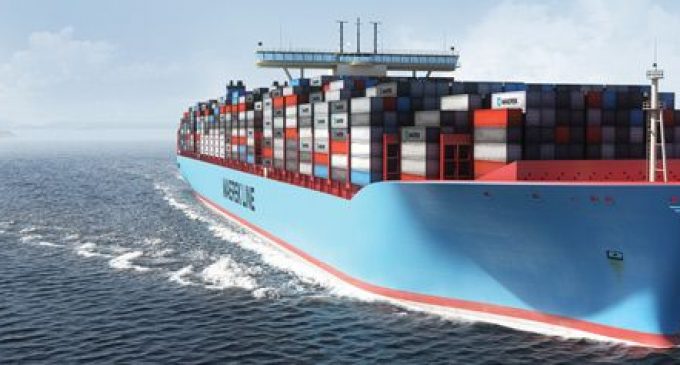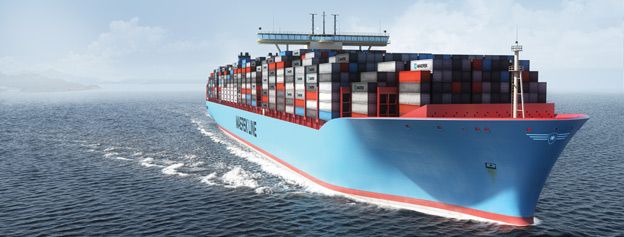EU Fastener Execs Demand Fair Trade


During Fastener Fair Stuttgart 2017, fastener leaders from the European Union expressed the need for global trade to be fair for everyone involved.
EIFI’s Karlsson: Selling Screws Below Material Cost Not Fair Trade
The European Industrial Fasteners Institute is marking its 40th anniversary this year.
EIFI president Anders Karlsson explained that before the manufacturers’ organization was formed in 1977, fastener groups were product based.
“A lot of people ignore fasteners,” Karlsson acknowledged. “But it is an important sector in the European economy.” There are 400 fastener manufacturers, he estimated.
The European manufacturers organization consists of national groups from France, Spain, Germany, Italy and the UK, in addition to individual members from other countries.
“We want to manufacture fasteners and sell fasteners, not steel,” Karlsson said.
Current issues include wire rod prices, electric and gas tariffs, blind rivet codes and zero defect strategy.
The EIFI is monitoring anti-dumping issues and is prepared to “act quickly if it escalates.” They are watching that volume of exports from China are up while prices are down, Karlsson noted. “When you sell screws below material cost that is not ‘fair trade’,” Karlsson said.
Importers need to be aware that tariffs could be retroactive, making inventory more expensive.
EFDA: Free Trade Must Be Fair
“Free trade must be fair trade,” the president of the European Fastener Distributors Association said at Fastener Fair Stuttgart.
Dr. Volker Lederer, the EFDA leader and managing director of Lederer GmbH, said the organizations supports an open marketplace and opposes protectionism. The EFDA is against unfair trade practices.
Trade and tariff issues in the late 1990s brought Europe’s national fastener associations together under the EFDA umbrella, Lederer recalled.
The fastener industry continues to become more international. Local or regional distributors now supply global customers, making reliable political and economic conditions an issue for fastener associations.
In 2006, the EU adopted the ‘REACH’ – Registration, Evaluation & Authorization of Chemical Substances – regulations on designing, manufacturing and use of chemicals, to protect the environment and human health.
REACH and regulations such as Conflict Minerals “make smaller businesses feel they are being left behind,” Lederer finds.
EFDA can provide members “first hand political information” plus they have the potential for lobbying as necessary.
Today EFDA consists of seven European country associations plus six distributor members without national organizations.
Lederer estimated there are 2,500 major European fastener distributors each carrying Euro 2 million (US$2.14m) in inventory. There are 44,000 employees.
“Today members feel well prepared,” Lederer said. “We are stronger when we work together.”



There are no comments at the moment, do you want to add one?
Write a comment